Exhibitions, workshops, and talk programs in a café-lounge setting – if you are looking for inspiration and meaningful dialogues about the present, the future und the transformation that is necessary when bridging the gap between the two, the Transformation Lounge is the place to be. Initiated in 2022 by Ars Electronica jointly with Japanese integrated marketing and innovation company Hakuhodo, during the Ars Electronica Festival 2023 this initiative will once again provide the framework for inspiring program points.
Just like last year, the Transformation Lounge in particular communicates the sustainability strategy of the festival. As a Green Event, the Ars Electronica is guided by the 17 sustainability goals set forth in the 2030 Agenda for Sustainable Development. These are taken into account – in continuation and expansion of the 2022 approach – especially in the following fields of action: Mobility; Event Location, Event Equipment and Technology; Energy, Water and Sanitation; Food and Catering; Procurement and Waste; Social Responsibility; Communication. The Transformation Lounge is intended to raise awareness of the issue of sustainability – for visitors, artists and partners alike – and to provide thought-provoking impulses that they will be able to implement themselves in their everyday lives in the future.
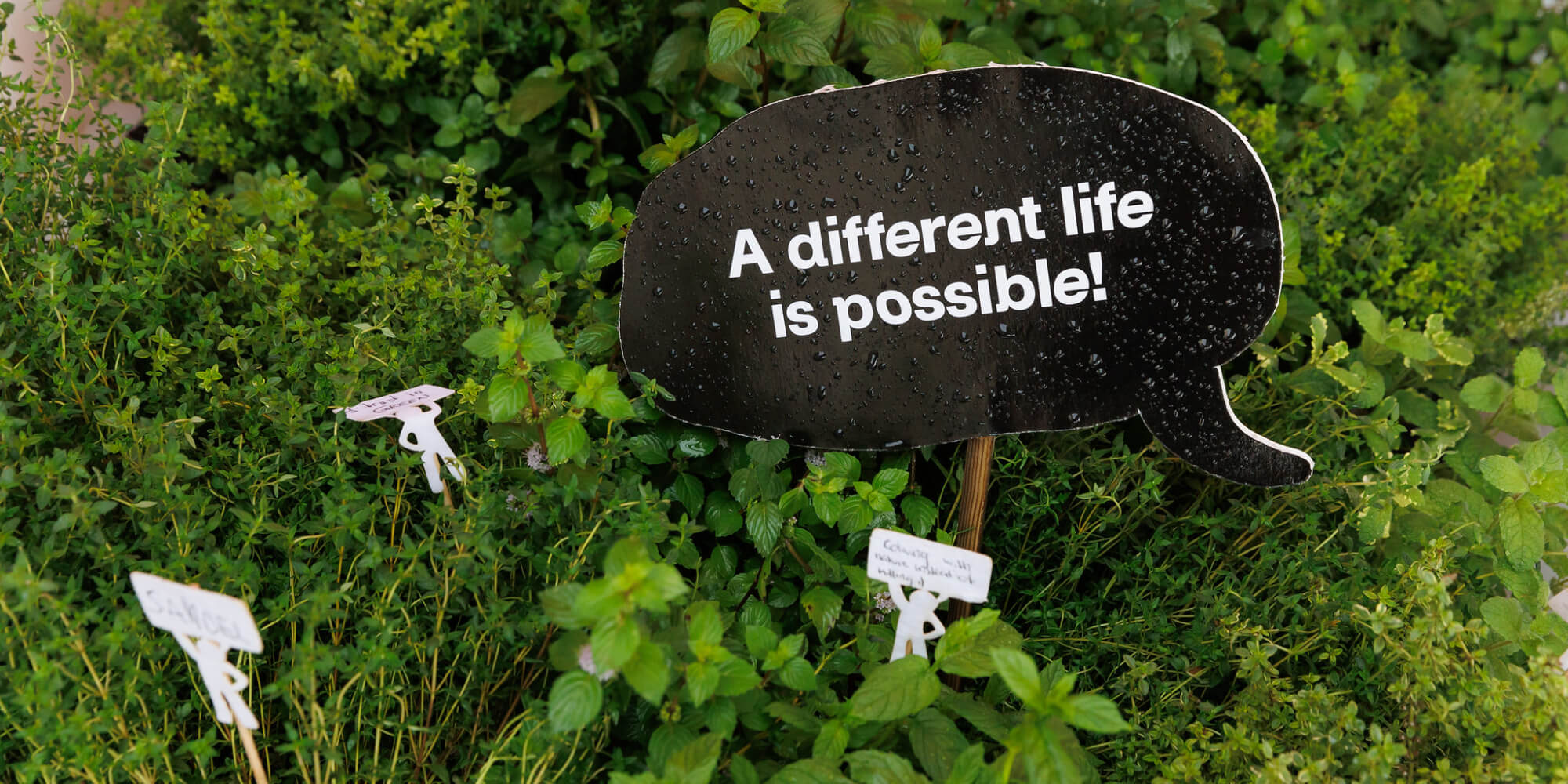
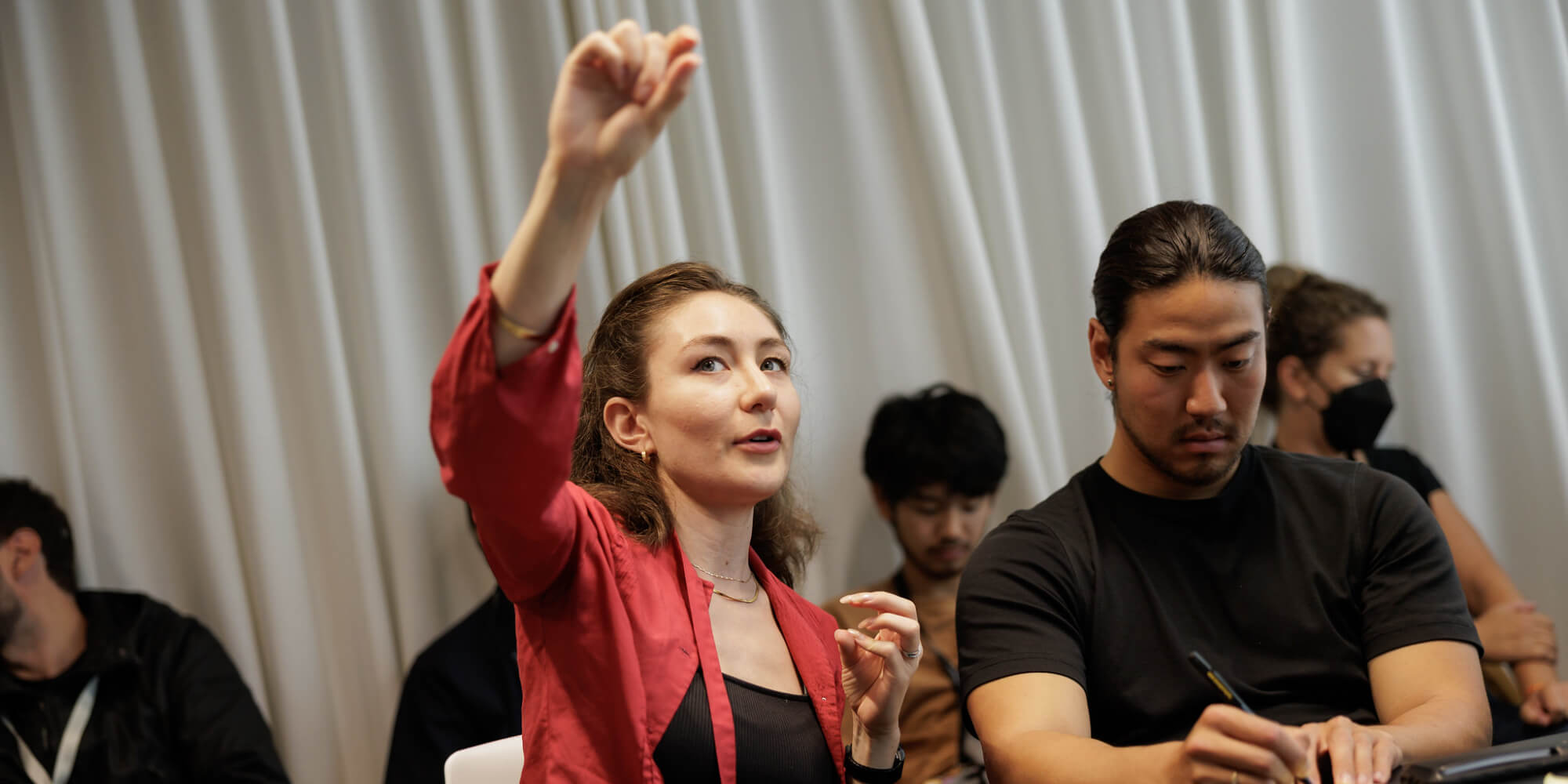

The essence of the Transformation Lounge lies in its dedication to empowering the people – known as sei-katsu-sha in Japanese – recognizing the inherent role of individuals in shaping the future. The platform aims to foster circular creativity by bringing together individuals from diverse communities such as art, industry, culture, and government, to collectively discuss the future of society and create new actions. Circular creativity depicts an inclusive approach that transcends traditional boundaries between art, business, and government, therefore encouraging a convergence of ideas, leading to the development of innovative and sustainable solutions for pressing global challenges. The primary focus lies on fostering creative transformation within companies and government initiatives to positively impact the development of social issues. In 2023 visitors of the Ars Electronica Festival can look forward to a series of inspiring events that feature visionary artists as well as forward-thinking companies. These showcases should serve as a catalyst for participants to become active contributors in shaping a sustainable and inclusive future.
An important project in this context is Future Compass developed by Ars Electronica and Hakuhodo. Participants will be invited to self-reflect and ponder their future by first visualizing the impulse “What I trust” and consequently explore “Questions for the Future” using a coaster-shaped toolkit. The questions can then be addressed by encountering various works in a journey through the Ars Electronica Festival and comparing one’s own compass with that of others. Finally, attendees can take their own Future Compass home – as a toolkit for initiating a transformation in their daily lives.

Like last year the Transformation Lounge will be a place to showcase innovative ideas about how industries can work more sustainably thus slowing down climate change. For example, three projects of Yuima Nakazato, a Japanese fashion designer who by offering apparel which balances craftsmanship with technology aims to bring tailor-made clothes to a wider range of people, propose approaches that could reduce the environmental impact of the fashion industry. The starting point for his latest project DFT Textile was Kenya, where the amount of unwanted, disposed-of clothing piling up is almost beyond counting. With the question if we really need to make any more clothes in mind, the designer brought 150kg of used clothing back to Japan. While these sorts of clothes are generally difficult to recycle, Yuima Nakazato – together with Seiko Epson – was able to convert them into new textiles for creating new garments using dry fiber technology.

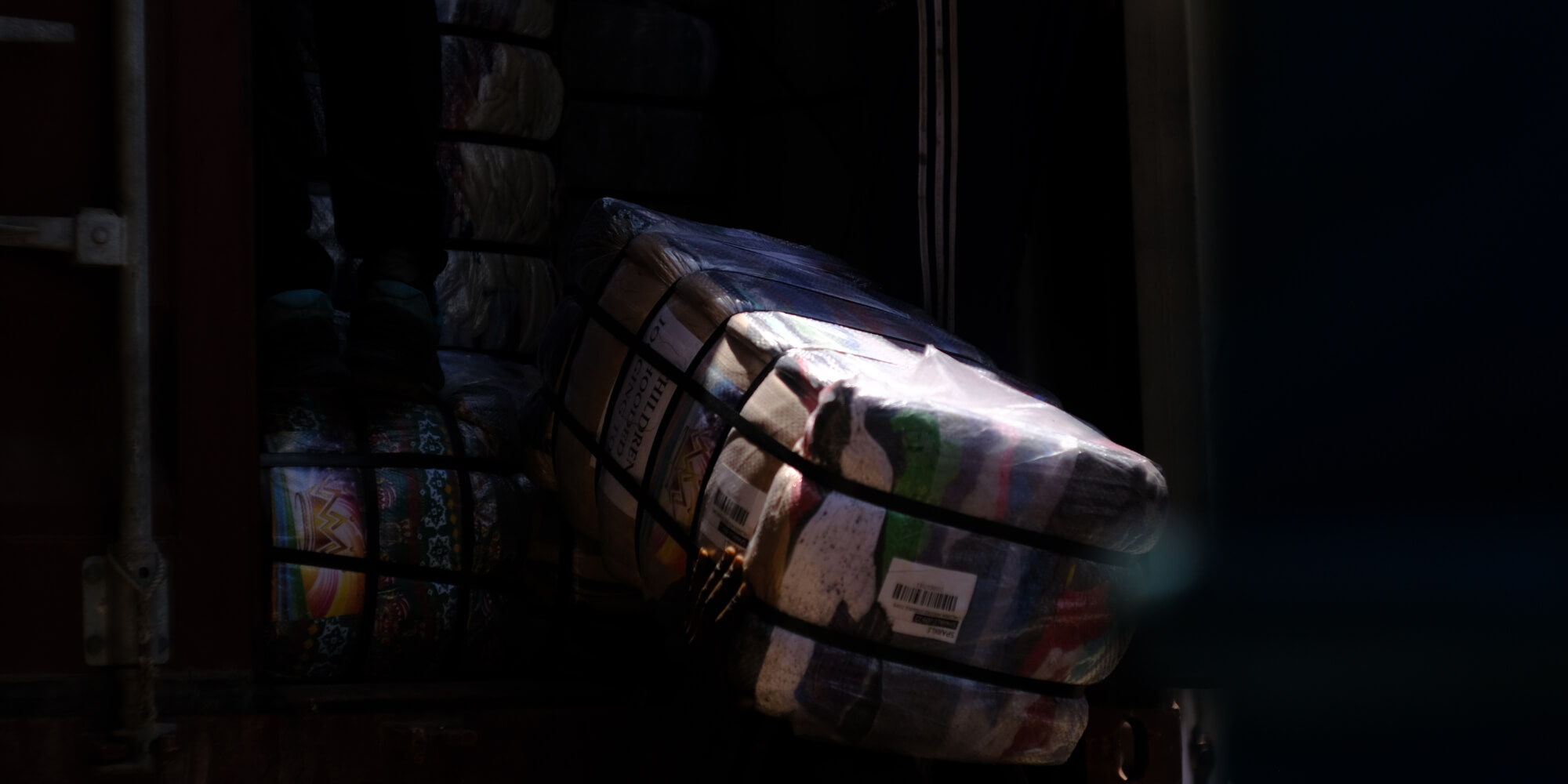

Also presented at the festival will be Nakazato’s other projects Biosmocking and Fashion Frontier Program. The former introduces a completely new approach that spawns a three-dimensional bodice without trimming away any fabric. It utilizes digital fabrication to precisely control the supercontraction property of specially tailored Brewed Protein textiles and thus provides a textile-modelling method for creating three-dimensional textures. The Fashion Frontier Program offers a learning opportunity for young designers encouraging much needed change in the fashion industry. It combines five programs: AWARD, where fashion for the coming era is defined; INCUBATION, where participants are supported; MATCHING, where the chemistry happens; SCOUTING, where future talents are spotlighted; and LAB, where ideas are developed.
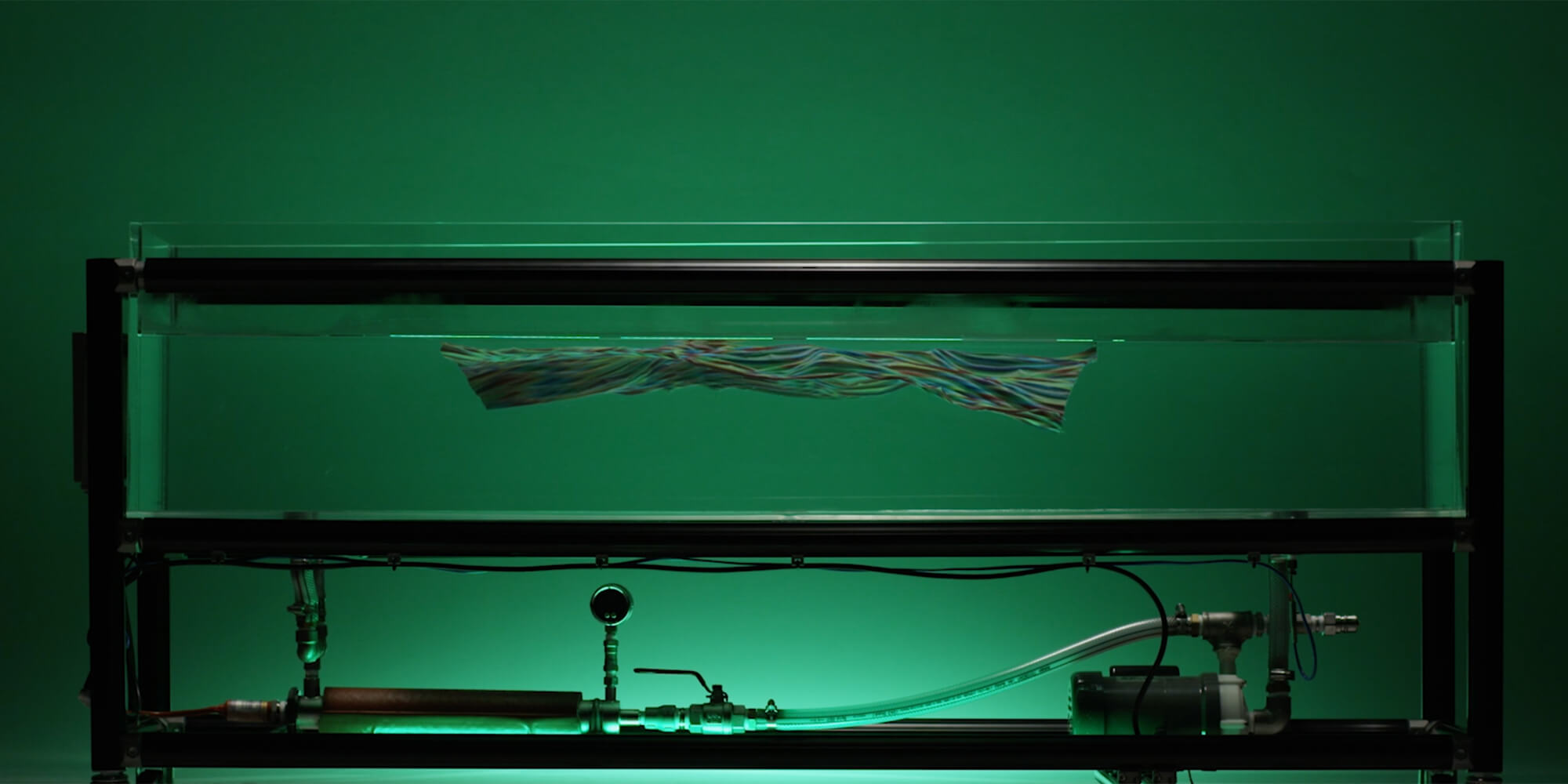

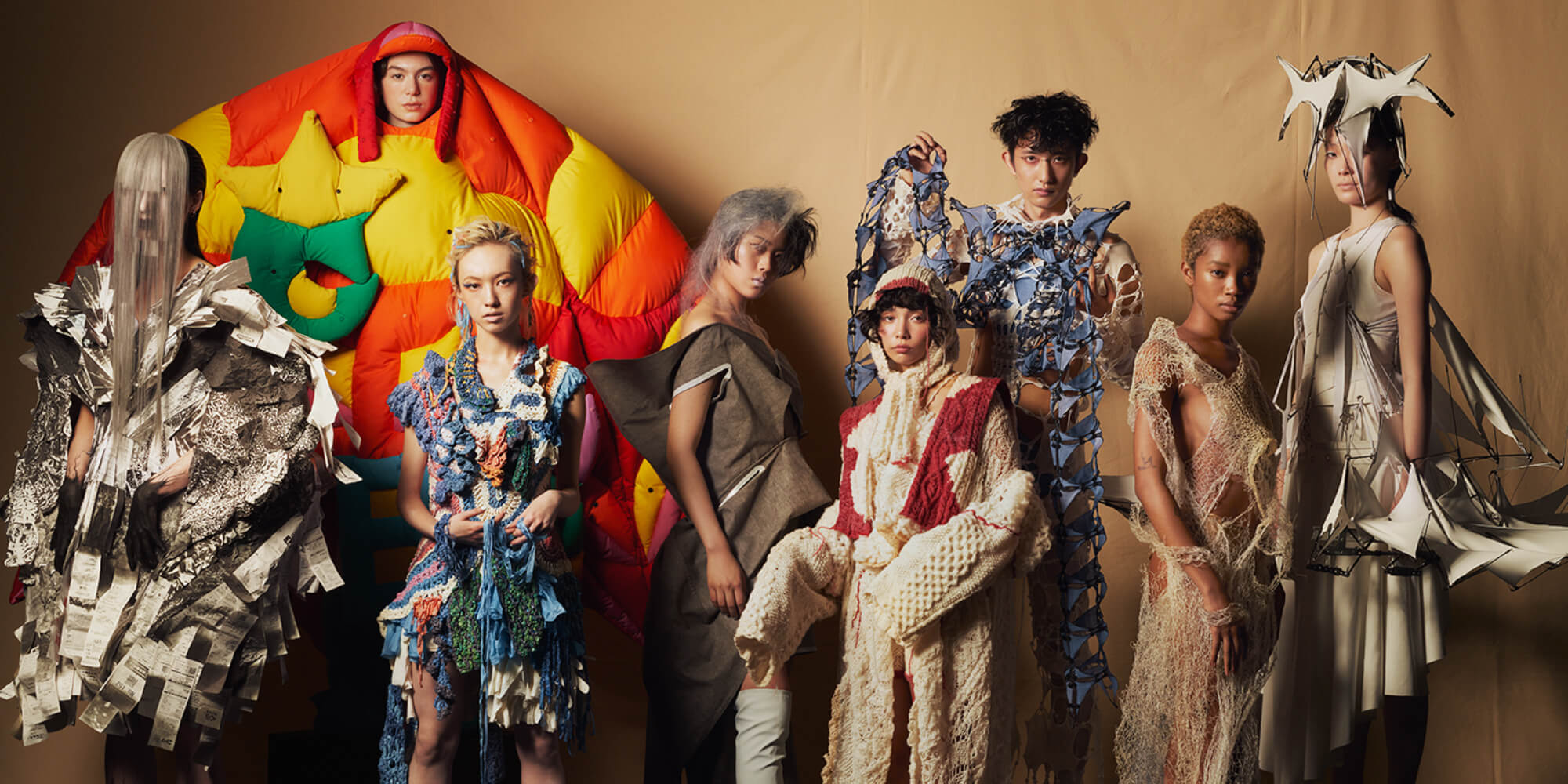
Find out more about the highlights of the 2023 Ars Electronica Festival here. Details will be continuously published online.